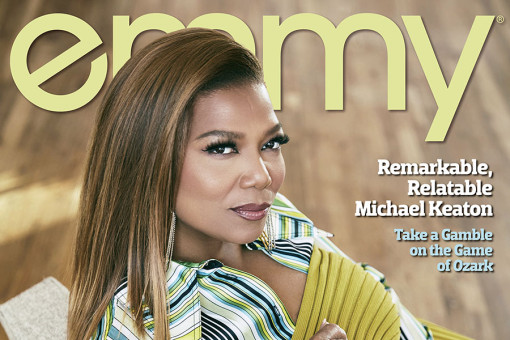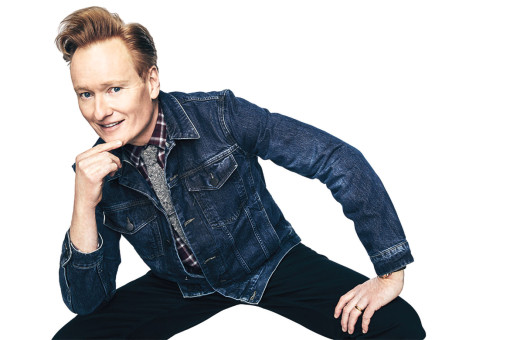Conventional wisdom holds that those who forget history are condemned to repeat it.
If they're loyal CNN viewers, they may not have that problem.
In association with Playtone Productions and Herzog & Company, the news network has been presenting multi-part documentaries — it's already aired The Sixties and The Seventies; The Eighties premiered in late March and continues through April — that look back at critical events that shaped those decades. And it's all done with a twist.
"We don't want to make you feel old," says Amy Entelis, CNN's executive vice-president for talent and content development. "We want to make you realize that these events happened not that long ago — that they're actually so fresh and recent, you can reach out and touch them."
Playtone partner Gary Goetzman says he "always felt strongly that the voice of the series should have that effect. The archival footage we use reinforces and inspires ideas out of memories that are ingrained in us.
"We decided to not have narration," he explains, "and instead use the television journalists of the day to tell the story. Having Roger Mudd, Frank Reynolds or Dan Rather tell you the impact of that day's news in 1968 or 1975 or1981 can be incredibly visceral for an audience."
The Sixties covered TV's golden age — featuring interviews with the likes of Carol Burnett and Dick Cavett — as well as the era's pivotal political events, the Kennedy assassination and the Vietnam War. The Seventies examined Watergate, the birth of international terrorism and the sexual revolution. And The Eighties tackled everything from the rise of Ronald Reagan to the fall of communism.
Though she thought she knew the details of these news stories, Entelis now realizes there was more to learn.
"When you have all these events laid out in one place, they come alive all over again in ways you don't remember. I didn't fully recall how frightening the AIDS epidemic was, how divisive it was. But looking back and reliving it, you can really appreciate the drama, intensity and emotion."
Looking back — rather than just breaking the latest headlines — is relatively new for CNN. The decade docu-series are a part of the network's push into original programming, Entelis says, while at the same time not veering too far from its news brand.
When execs green-lighted The Sixties, "It didn't take long for us to realize that the potential [of historical programming] is unlimited," Entelis explains. "With The Sixties, we found we could create a series with brilliant archival moments, wonderful editing and a modern perspective that would engage our audience now.
"People who watch CNN are about the world today. They come because they're deeply engaged, and these [programs] perfectly hit that sweet spot."




















